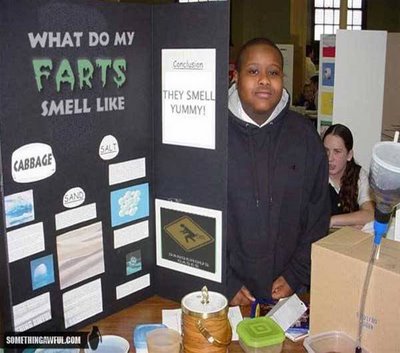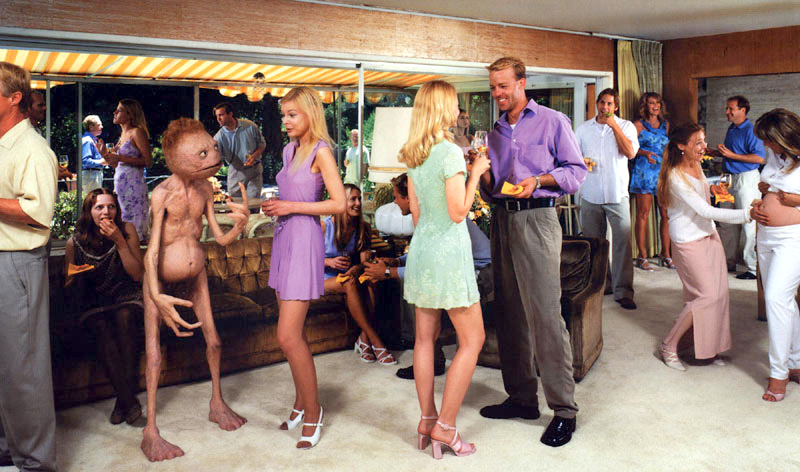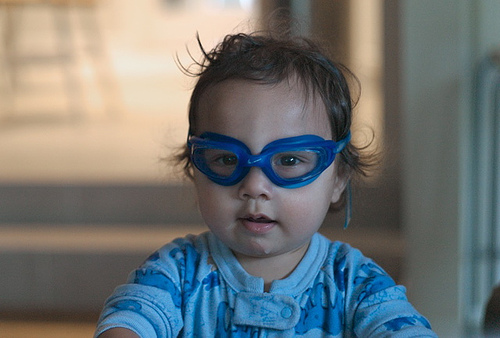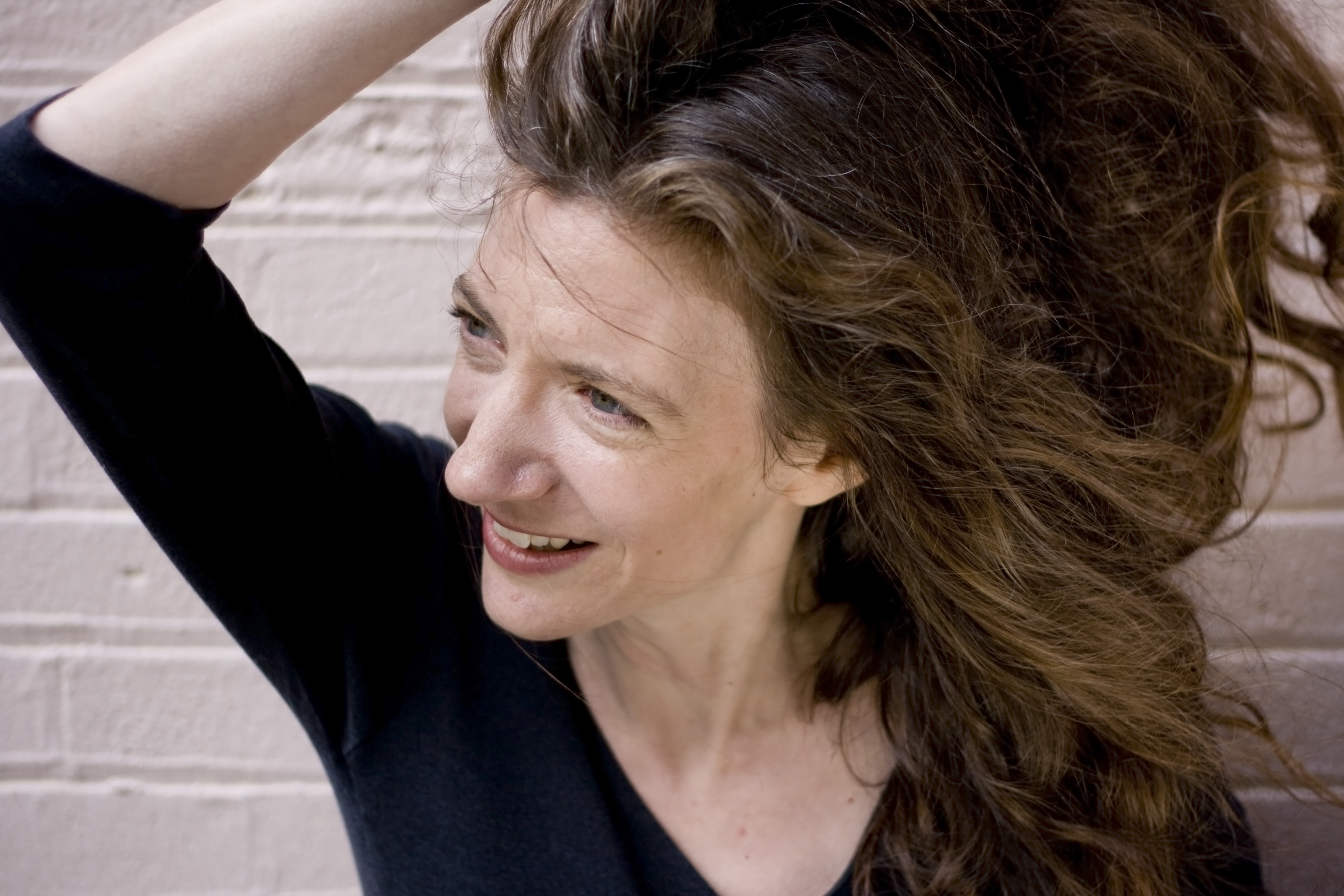
I lived a deprived childhood. I never was part of a science fair. Seems like everyone else I know had science fairs… maybe my school was just too cheap.
I got a chance to make up for it last night as an author at a Chicago literary fair. The challenge was to make science fair-like projects out of our book. (Sweet PR change of pace from my usual writing articles and planning speeches.)
I took quotes from my book Everything Changes, and wrote them on little paper doors that you could life up and read about the cancer patient who said them. For example:
“I’d ask my doctor a question, and he’d say, ‘We’ll cross that bridge when we come to it,’ and I’m like, ‘No, f*** you. This is my body, I’ll cross it right now.’”
Amilca Mouton Fuentes, 26, leukemia. Lives in her parent’s house with her husband, 15 month old son, and her siblibings. Seven adults and one bathroom.
Loves Krispy Kremes, and is devoted follower of Ama, an Indian spiritual leader.
“I believe that there are times when it is appropriate to receive help, just as there are times when it is appropriate to give help. If you ever refuse to receive, you are unnecessarily putting a barrier between yourself and the love of others. It’s normal for humans to live in communities where there is love and relationship, and receiving is just as important a part of being in that community as giving is.”
Richard Acker, 36, colon cancer. Dad, husband, environmental lawyer. Evangelical Christian dedicated to preserving God’s creations.
I had eight quotes in total that helped break stereotypes of cancer patients, and taught a bit about some of our attitudes and lives. But I still feel like I ultimately failed in that I couldn’t come up with a connection between young adult cancer and an exploding baking soda and vinegar volcano.
If you had unlimited time and money to create an outlandish, over the top, large scale science fair project about your life as a young adult patient, and it were going to be show at a place like…let’s say ASCO, what would you make?
![]()
![]()





 “Everything Changes is, without doubt, the most forthright, emotionally sophisticated, and plain-old valuable book of its kind I've seen.”
“Everything Changes is, without doubt, the most forthright, emotionally sophisticated, and plain-old valuable book of its kind I've seen.”












